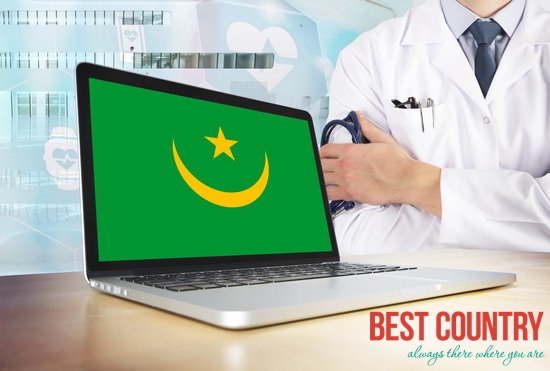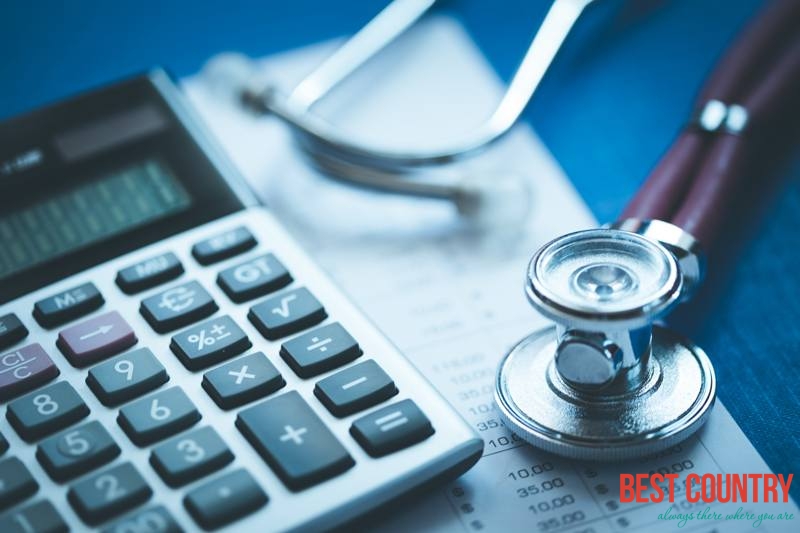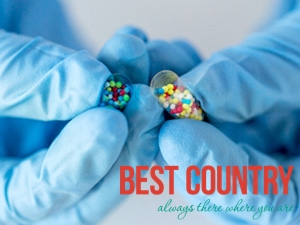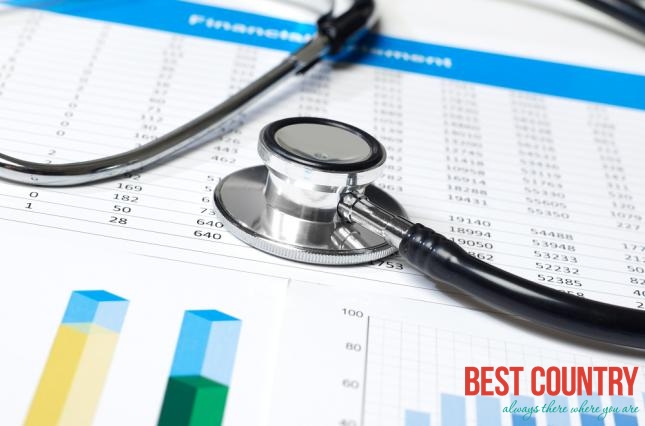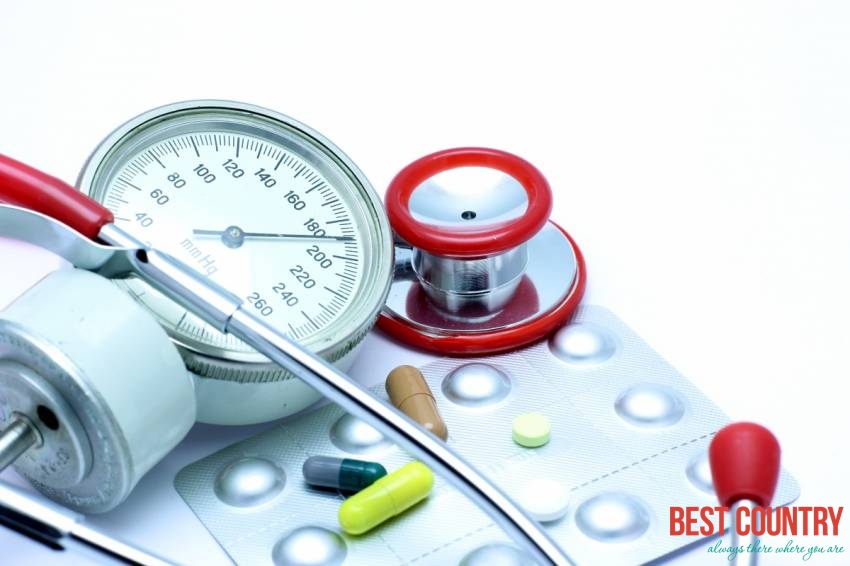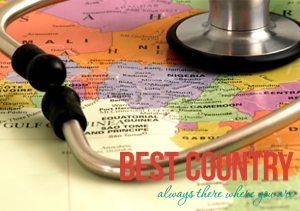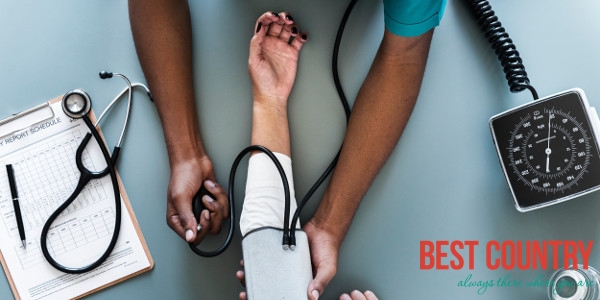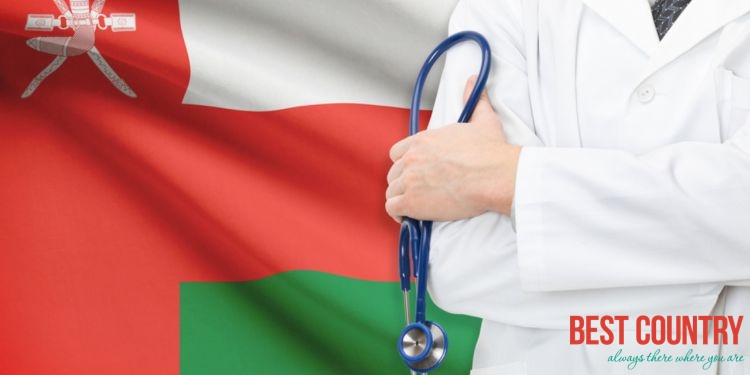Medicine in the different countries
Mauritania Health Care and Vaccinations
Medical facilities are very limited. Nouakchott boasts the country's best medical facilities with many doctors, most in private practices or clinics, and plenty of chemists stocking most existing French medicines. Health insurance, to include cover for emergency repatriation, is essential.
Madagascar Health Care and Vaccinations
Much of the healthcare in Madagascar is robust, with several hospitals and health care centres spread throughout the country.
Healthcare in Malawi
Healthcare in Malawi and its limited resources are inadequate to fully address factors plaguing the population, including infant mortality and the very high burden of diseases, especially HIV/AIDS, malaria and tuberculosis.
Health care in Morocco
There are decent medical facilities in all main cities, including emergency pharmacies (see postings in pharmacy windows listing the nearest pharmacie du garde, or after-hours pharmacy) and clinics in major hotels outside normal opening hours. Government hospitals provide free or minimal charge emergency treatment.
Healthcare in Mozambique
Almost all healthcare services are provided by the government's National Health Service. The army maintains its own health posts and two hospitals. Traditional healers continue to play a significant role.
Health in Namibia
Namibia faces a number of challenges providing health care to its citizens. The country has a dual system of public (serving 85% of the population) and private (15%) health care providers. In the financial year 2006/07, Government and private health expenditure combined accounted for 8.3% of the country's Gross Domestic Product.
Healthcare in Niger
Healthcare in Niger suffers from a chronic lack of resources and a small number of health providers relative to population. Some medicines are in short supply or unavailable. Close to half of Niger's population of over 11 million people do not have access to healthcare. For those that do, it can be expensive and in many cases unaffordable.
Health in Nigeria
Health care provision in Nigeria is a concurrent responsibility of the three tiers of government in the country.Private providers of health care have a visible role to play in health care delivery.
Healthcare in Rwanda
In the pre-genocide era before 1994, Rwanda's healthcare was supported by the Bamako Initiative which was sponsored by UNICEF and WHO and adopted by African ministers of health in 1987.
Health in São Tomé and Príncipe
There was a resurgence of malaria in the country in 2010, but the exact cause is unknown.Female life expectancy at birth was 65.1 years in between 2005 and 2010, and male life expectancy at 62.8 for the same time period. Healthy life expectancy at birth was at 64.7 years in 2011.
Healthcare in Swaziland
Swaziland is critically affected by the HIV and AIDS pandemic, which is now an existential threat to its society.
Healthcare in Seychelles
There is a large general hospital in Victoria and there are clinics elsewhere on La Digue, Mahe and Praslin, but medical facilities are limited. Visitors may obtain emergency treatment for a basic consultancy fee. Additional medical insurance is advised, including emergency repatriation; the number for medical emergencies is 151. There are several pharmacies in Victoria, and on other islands, government clinics are used. There are dental clinics on Mahe, Praslin and La Digue. Prices vary according to whether they are government clinics or private ones. Many hotels offer a 24-hour doctor on call services for guests.
An introduction to health care in Oman
Oman offers high quality health care equal to that of western Europe and the United States, except with regards to highly specialized treatments.
Healthcare in Thailand
Healthcare in Thailand can be excellent since the country has some world-class facilities and medical staff. However it does not have a primary health care system like the UK for example.
